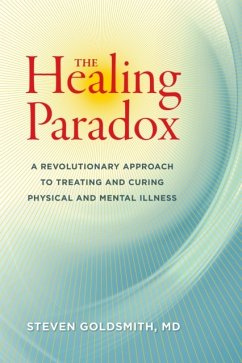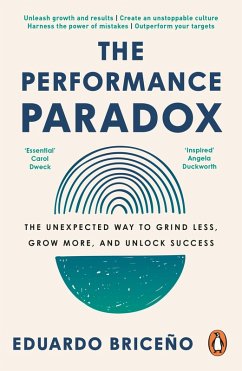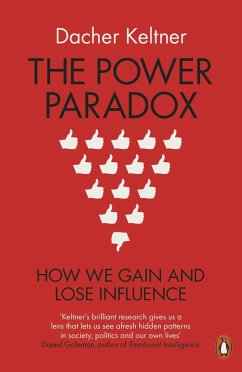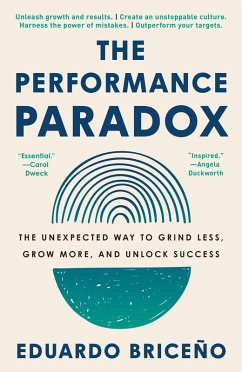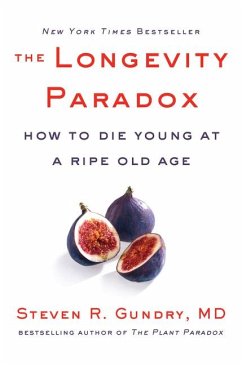Nicht lieferbar
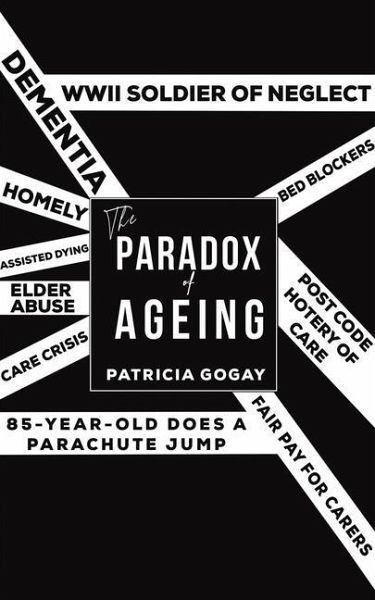
The Paradox of Ageing
Versandkostenfrei!
Nicht lieferbar
Almost every country in the so-called developed world is facing the paradox of ageing. Thanks to science, more effective medication and higher living standards, more and more of us are exceeding the "three score years and ten" theoretical limits of the past despite the physical and mental impairments that develop with ageing. For those who are spared dementia or chronic pain, a long life is reason to celebrate. We will have a party when we are 80, an even bigger one if we reach 90 and if we hit treble twenty and double tops on life's "dartboard", the queen will send us a telegram (a text today...
Almost every country in the so-called developed world is facing the paradox of ageing. Thanks to science, more effective medication and higher living standards, more and more of us are exceeding the "three score years and ten" theoretical limits of the past despite the physical and mental impairments that develop with ageing. For those who are spared dementia or chronic pain, a long life is reason to celebrate. We will have a party when we are 80, an even bigger one if we reach 90 and if we hit treble twenty and double tops on life's "dartboard", the queen will send us a telegram (a text today perhaps!) of congratulation. For others, it means a slow decline towards a miserable and undignified dying. As economics, care needs and pressure on the availability of hospital beds have become more urgent public issues, the elderly infirm risk becoming marginalised. The social contributions made by care workers and the fact that they have been long de-valued and ill-paid, despite the economic benefits for both the NHS and society at large, is also being given a higher profile. Other difficult and sensitive issues concerning elderly care are assisted dying, better termed the "right" to die and the "quantity over quality" contradictions regarding care agencies and private residential nursing homes. Whatever solutions are offered in the future, it is surely time to highlight the value of carers - a profession that not only requires empathy and compassion but also deserves recognition and respect.






